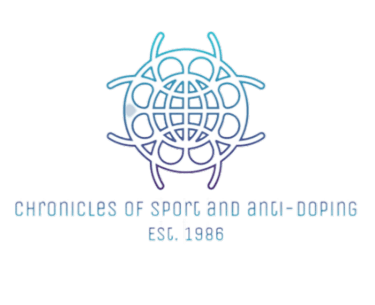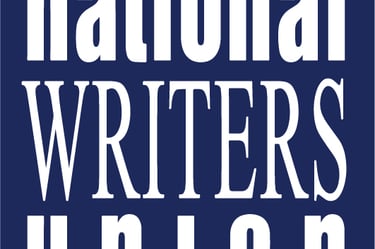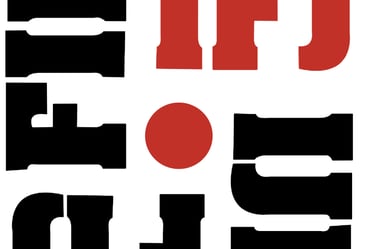Usman Nurmagomedow UFC Lightweight Banned for Six Months After Positive Test


The world of mixed martial arts was rocked recently when it was announced that Usman Nurmagomedow, a UFC lightweight fighter, has been banned for six months following a positive drug test. The California State Athletic Commission (CSAC) confirmed that Nurmagomedow's win over Brent Primus at Bellator 300 has been overturned and declared a no-contest.
The news of Nurmagomedow's positive test and subsequent ban has sent shockwaves throughout the MMA community. The talented fighter, who is a cousin of the legendary Khabib Nurmagomedov, had been making a name for himself in the lightweight division. His impressive victory over Primus at Bellator 300 was seen as a stepping stone towards greater opportunities in the sport.
The CSAC, responsible for regulating combat sports in California, takes a strong stance against the use of performance-enhancing drugs. The commission conducts rigorous drug testing to ensure a level playing field for all fighters. When a positive test result is obtained, appropriate sanctions are imposed to maintain the integrity of the sport.
While the details of the specific substance found in Nurmagomedow's system have not been disclosed, the CSAC's decision to ban him for six months sends a clear message that any violation of the anti-doping policy will not be tolerated. This serves as a reminder to all fighters that they are responsible for what they put into their bodies and must adhere to the rules and regulations set forth by the governing bodies.
It is worth noting that this is not the first time a high-profile fighter has faced consequences for a positive drug test. In recent years, several notable fighters have been suspended and had their wins overturned due to failed drug tests. These incidents highlight the ongoing battle against doping in combat sports and the need for constant vigilance in maintaining a clean and fair competition environment.
As Nurmagomedow serves his six-month ban, it is uncertain what the future holds for his career. The setback will undoubtedly be a disappointment for him and his fans, but it also presents an opportunity for reflection and growth. Nurmagomedow will have the chance to learn from his mistakes, make the necessary adjustments, and come back stronger when he is eligible to compete again.
Ultimately, the ban on Usman Nurmagomedow serves as a reminder that the use of performance-enhancing drugs has no place in professional sports. It is crucial for athletes to prioritize their health, integrity, and the spirit of fair competition. The consequences of violating anti-doping regulations can be severe and can tarnish the reputation and legacy of even the most promising fighters.
As fans of the sport, we hope that Usman Nurmagomedow takes this time to reflect and come back as a better athlete, free from any substances that could compromise his career and the integrity of the sport he loves.




